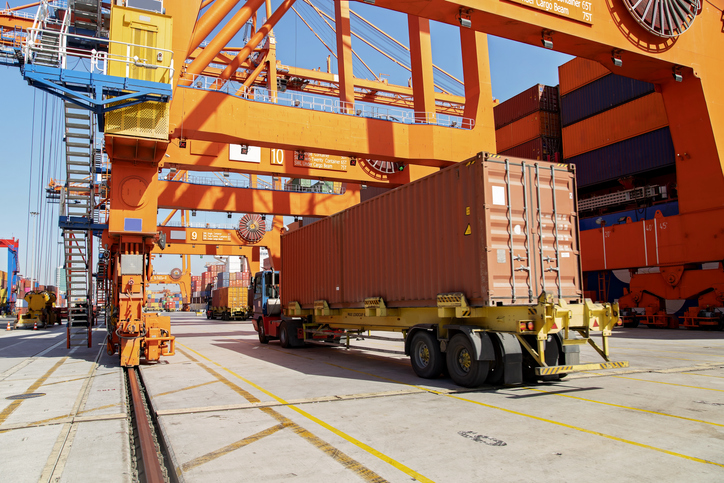The Lekki deep seaport developed at a cost of $1.5 billion in Lagos, is among Africa’s top 6 ports. It is Nigeria’s first fully automated port, and its largest. It has more than doubled the capacity of Lagos’ ports, which had remained the same for 25 years. It will accommodate the world’s largest cargo ships and is expected to reduce cargo wait times from over 50 days to two days.
Its modernity and efficiency are projected to make Nigeria a regional hub and boost the country’s GDP. It is envisaged to generate 170,000 direct and indirect jobs, billions of dollars in tax revenues for Lagos State and the host community, and a turnover of US$361 billion over the next 45 years.
Lekki is expected to generate direct and induced business revenue estimated at US$158 billion, a qualitative impact on the manufacturing, commercial and services sectors, and a multiplier effect over 230 times the cost of construction. It will attract a massive influx of people, businesses and investment.
The new facility will support the industrial and petrochemical complex, including the Dangote Refinery, the largest in the world, situated in the Lekki Free Trade Zone. It is poised to attract investment in the range of US$20 billion in the first few years. With an airport in the vicinity, the port will be a component of a Harbour City equipped with logistics infrastructure of various kinds.
Lekki port should reduce congestion at the older ports in Lagos and help recover the lost traffic of landlocked Chad and Niger, which had been diverted to more efficient ports in the sub-region.
The port also positions Nigeria to optimise the African Continental Free Trade Agreement.
Weak points
However, it appears that the project suffered from some lapses in planning. Provision for cargo evacuation by rail is non-existent, and the road infrastructure is inadequate for the anticipated volume of traffic.
The other challenge is the encroachment on land around the Lekki port and the future problem of congestion. Unless the state government takes drastic action under the Land Use Act to acquire land in the public interest for the future expansion of the port, it will be a repeat of the problems of older ports hemmed in by unplanned industrial, urban and commercial land use.
The project indicates that public-private sector partnership is the best way to plan and deliver landmark infrastructure projects. Lekki Port LFTZ Enterprise Ltd was created for the purpose, with investment by China Harbour Engineering Company Ltd, Singapore’s Tolaram Group and the Nigerian government.
But it has the potential drawback of idle capacity if the economic prospects that motivated it fail to materialise. Then the huge investment in the deep sea port project would become a huge burden of unpaid debts.






